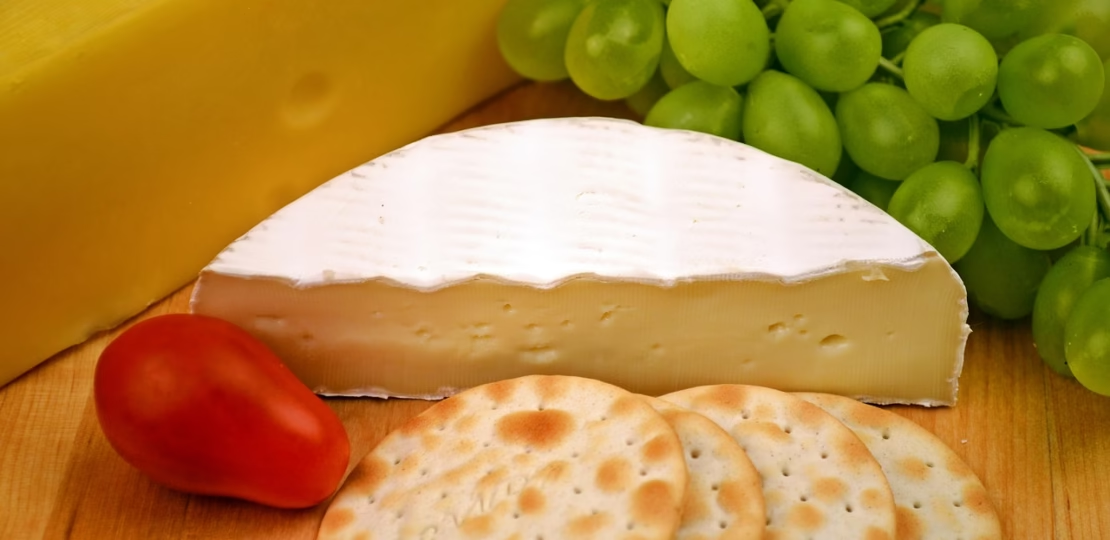Late-Night Dairy May Trigger Nightmares, Study Finds
July 6, 2025 | by Rachel Bloom

Does Late-Night Dairy Feed Your Nightmares? What a New Study Reveals
By Dr. Rachel Bloom — Holistic Wellness Researcher
I’ll admit it: some evenings, nothing feels more comforting than a small bowl of vanilla yogurt with berries before curling up in bed. But as a clinician who looks at the whole person — gut, mind, and nervous system — I’ve always wondered whether that milky nightcap is as soothing for our dreams as it is for our tastebuds. A fresh study published July 1, 2025 in Frontiers in Psychology has brought new intrigue to this age-old hunch, suggesting that late-night dairy may stoke the flames of nightmares, especially in people with lactose intolerance or food sensitivities. Let’s unpack the findings and, more importantly, what they mean for your own sleep-time ritual.
The Study at a Glance
Researchers surveyed more than 1,000 university students in Canada, carefully tracking three variables:
- Self-reported food sensitivities and allergies (with a focus on lactose intolerance)
- Sleep quality, including awakenings and perceived restfulness
- Dream experiences — frequency, vividness, and emotional tone of nightmares
The results echoed what many of my patients describe anecdotally: those who regularly consumed dairy close to bedtime and simultaneously experienced lactose intolerance were significantly more likely to report disturbing dreams and post-dream distress the following day.
“For every glass of warm milk there is a digestive story playing out in the background. If that story involves bloating, cramps, or reflux, the brain may echo it in the theater of our dreams.” — Lead author Dr. Tore Nielsen
The Gut-Brain Nighttime Tango
Physiologically, this finding makes sense. Gastrointestinal discomfort triggers micro-arousals — brief awakenings you don’t always remember — that cluster during rapid-eye-movement (REM) sleep, the period when most vivid dreaming occurs. A churning belly can therefore leak into dream imagery, sowing bizarre or frightening narratives.
My practice sees this often: when we calm the gut, dream worlds frequently follow suit. Think of it as a two-way highway. The vagus nerve ferries signals from intestines to brain, and the brain in turn colors dream content based on body cues. Dairy isn’t inherently villainous, but for those who can’t digest lactose smoothly, it can become a nighttime provocateur.
Does All Dairy Spell Trouble?
Not necessarily. The same study noted that only one in twenty participants believed food impacted their dreams, yet dairy still surfaced as the most blamed culprit. Previous research from 2005, funded by the British Cheese Board, intriguingly linked cheddar to pleasant dreams. The science, therefore, remains nuanced:
- Fermented cheese (cheddar, gouda) contains less lactose and may be gentler for many adults.
- Milk and ice cream retain higher lactose content, increasing the risk of GI discomfort.
- The tyramine hypothesis (a compound in aged cheese thought to raise brain activity) lacks convincing evidence at dietary doses.
What seems pivotal is not the dairy itself but how your body tolerates it and the timing of consumption. A cheese board at 7 p.m. with ample time to digest registers very differently from a frosted latte chugged at 11 p.m. as you power down Netflix.
Listening to the Body: Practical Guidance
Compassion first. If you cherish your bedtime yogurt ritual, no single study should dictate your choices. The goal is curiosity, not rigid restriction.
1. Trace Your Personal Patterns
Keep a simple seven-day sleep-and-food journal. Note:
- What you eat after 8 p.m.
- Any GI sensations within an hour of lying down
- Dream recollection (themes, emotions) upon waking
Patterns jump out quickly: a spike in sour-stomach nights followed by unsettling dreams suggests a gut connection worth exploring.
2. Experiment with Timing
If you suspect dairy as a trigger, try consuming it at least three hours before bedtime or swapping cow’s milk for lactose-free alternatives in the evening. Many clients find they can still enjoy parmesan on pasta at dinner without the midnight drama.
3. Nourish the Microbiome
A resilient gut lining and balanced microbiota dampen inflammatory signals that can disturb sleep. Load plates with:
- Prebiotic fibers (oats, bananas, chicory root)
- Polyphenol-rich berries
- Probiotic foods earlier in the day (kefir, sauerkraut)
4. Mind the Stress Factor
Cortisol spikes from late-night emails can heighten GI sensitivity. Pair dietary tweaks with wind-down rituals: gentle stretching, diaphragmatic breathing, or a few pages of non-thrilling fiction.
Putting It All Together
Science rarely offers absolutes, yet it provides valuable clues. The new study reinforces a principle I’ve long observed: foods that irritate the gut often infiltrate the dreamscape. Dairy lands atop the suspect list simply because lactose intolerance is common. If you digest dairy well and your dreams remain peaceful, there is no moral imperative to banish cheese from your twilight hours.
However, if nightmares plague you — the kind that jolt you awake with racing heart and lingering unease — consider a two-week dairy-after-dinner hiatus. Track the changes. Our bodies whisper (and sometimes shout) feedback; wellness is the art of listening with gentle curiosity.
May your evenings be filled with calm bellies, settled nervous systems, and dreams that inspire rather than frighten.

RELATED POSTS
View all



